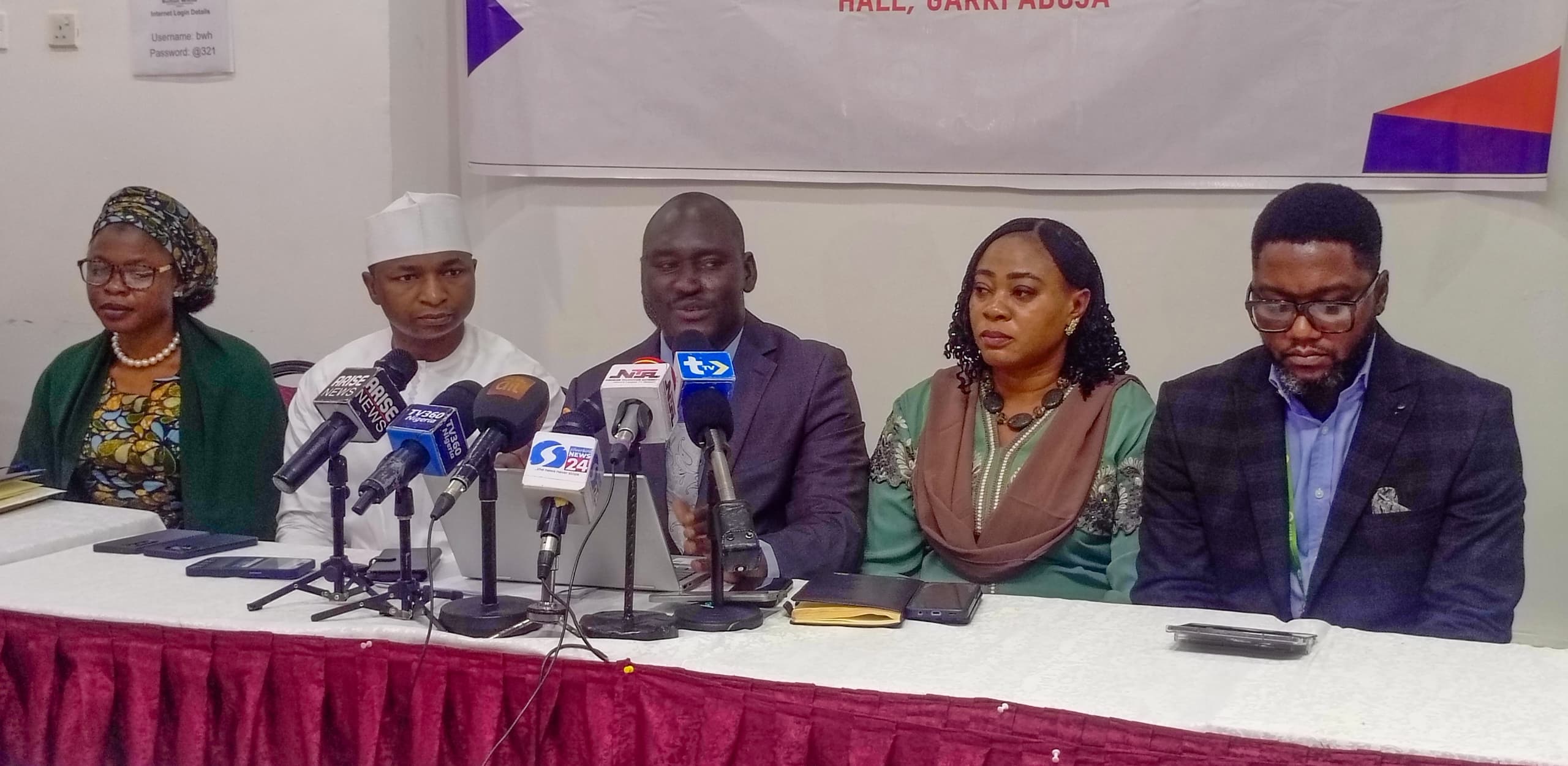With less than two months to the Fourth International Conference on Financing for Development (FfD4) scheduled for June 30, 2025, in Seville, Spain, Nigerian civil society organisations are calling for urgent global reforms and decisive domestic action to tackle the country’s deepening financing challenges.
In a new report titled “Financing for Development in Nigeria: Sectoral Context and Insights for the Fourth International Conference,” the Civil Society Legislative Advocacy Centre (CISLAC), alongside Oxfam in Nigeria, Christian Aid, the International Budget Partnership, Tax Justice & Governance Platform, Connected Development, and other partners under the Africa Agenda on Financing for Development, highlights critical gaps in Nigeria’s development finance system.
The report warns that Nigeria faces a multidimensional financing crisis, citing underperforming domestic resource mobilisation, inequitable global financial systems, and rising climate vulnerabilities. Key sectors such as education, health, agriculture, and climate resilience remain chronically underfunded.
“Education spending is below UNESCO benchmarks, health expenditure is under 4% of GDP, and Nigeria loses over \$18 billion annually to illicit financial flows,” the report notes. It adds that the country’s debt service-to-revenue ratio now exceeds 70 percent, significantly limiting investment in human development.
Although international frameworks such as Agenda 2063, ECOWAS Vision 2050, and the UN Sustainable Development Goals offer shared visions for progress, the report emphasises that weak implementation is Nigeria’s primary setback. It identifies corruption, poor budget execution, outdated data, and weak public financial systems as persistent obstacles.
The document also highlights a lack of measurable development plans in many Nigerian states, making it difficult to attract investments or track progress. “Without deliberate efforts to close financing gaps at both national and sub-national levels, Nigeria risks falling further behind,” it warns.
At the global level, the report urges reforms to the international financial architecture. It calls for fairer global tax rules, better access to climate finance, and a review of concessional financing frameworks that take into account the needs of populous countries with high poverty rates.
The report further recommends that the global community prioritise loss and damage funding, green investment access, and reforms to the Special Drawing Rights (SDRs) to support middle-income nations.
Domestically, the civil society groups propose several reforms, including the adoption of digital tax systems, trade facilitation to boost industrialisation, anti-corruption and asset recovery campaigns, and the creation of development finance facilities to attract private investment in infrastructure and social services. It also recommends peer-learning platforms to strengthen sub-national financing innovation.
The report draws attention to Nigeria’s worsening brain drain, linking it to the lack of inclusive economic opportunities. “Unless we invest in youth-focused policies and job creation, Nigeria’s skilled workforce will continue to emigrate in search of better prospects,” it states.
As preparations for FfD4 continue, Nigerian civil society organisations say the global summit offers a critical chance to reshape development finance and ensure equity, accountability, and inclusion in the international financial system.

